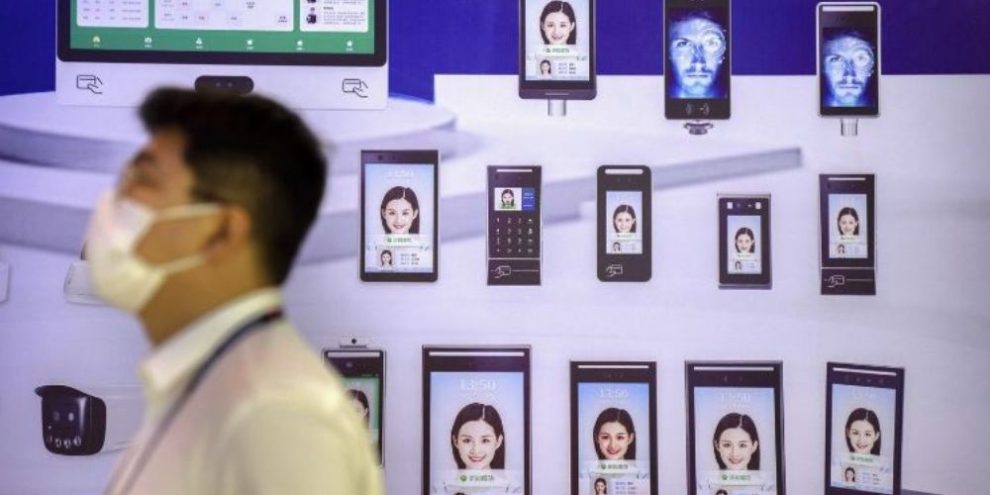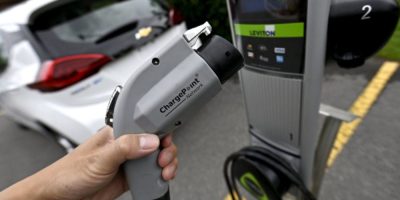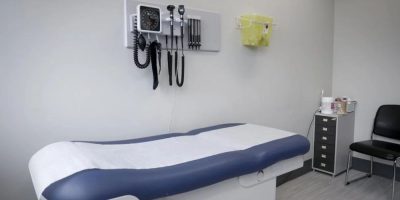
Travellers would be able to use facial recognition technology to identify themselves through their smartphones when crossing the border under a planned federal project.
The Canada Border Services Agency says the initiative would allow for a faster and more seamless travel experience.
A pilot project is still two to four years away, but an Ottawa-based civil liberties coalition is already flagging concerns about privacy and accountability.
The border agency says use of the system would be optional, adding the agency ensures the privacy of travellers and their information is protected at all times.
The proposed system would match a photo from a traveller's passport with a selfie taken via a mobile device.
The federal government recently issued a notice seeking technical solutions from possible vendors, an opportunity worth up to US$25 million.
Among the facial recognition capabilities to be evaluated are image quality, fraud detection and image matching.
The notice is intended to help identify vendors with the necessary qualifications to take part in a subsequent procurement process.
"This research is a necessary and important step to ensure that the CBSA acquires the proper technology to support and optimize the future use of biometric technology at the border," agency spokeswoman Jacqueline Roby said in a written response to questions.
Barrie's News Delivered To Your Inbox
By submitting this form, you are consenting to receive marketing emails from: Central Ontario Broadcasting, 431 Huronia Rd, Barrie, Ontario, CA, https://www.cobroadcasting.com. You can revoke your consent to receive emails at any time by using the SafeUnsubscribe® link, found at the bottom of every email. Emails are serviced by Constant Contact
Travellers arriving at international airports in Canada can already use a digital kiosk or eGate to verify their identity through facial recognition technology.
In its latest annual planning report, the border agency says it wants to expand the availability of digital technology and self-service tools that use biometric verification to speed the movement of travellers through the border.
Facial recognition technology can allow an image of a person's face to be matched against a single photo — or a huge database of photos — with the aim of identifying the individual.
A parliamentary committee heard testimony about the dangers of facial recognition systems, including misidentification of Black and Asian people; indiscriminate and warrantless mass surveillance; and a lack of regulation, transparency and accountability from police and intelligence agencies.
In its October 2022 report, the House of Commons committee on access to information, privacy and ethics urged the government to develop a regulatory framework concerning uses, prohibitions, oversight and privacy of the emerging tool.
There is a concern the border agency's program could one day be broadened to include matching a traveller's photo against other image databases, said Tim McSorley, national co-ordinator of the International Civil Liberties Monitoring Group.
"So without more clarity around the project, we'd be worried that this is a first step towards a more expanded use of this kind of facial identification program," he said in an interview.
McSorley pointed out the long-standing calls to modernize the federal privacy law covering agencies such as the CBSA, including measures to address facial recognition and the growing use of biometrics.
McSorley also noted that Parliament has yet to pass a federal bill that would create a new watchdog for the border agency.
Roby said privacy considerations "are at the forefront" of the border agency's facial recognition technology strategy.
"For all new biometrics projects, we follow rules for privacy and test new technology with a diverse group of participants," she said.
In addition, the agency has further discussions and activities planned for this year with interested parties including the federal privacy commissioner.
This report by The Canadian Press was first published April 24, 2024





